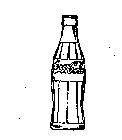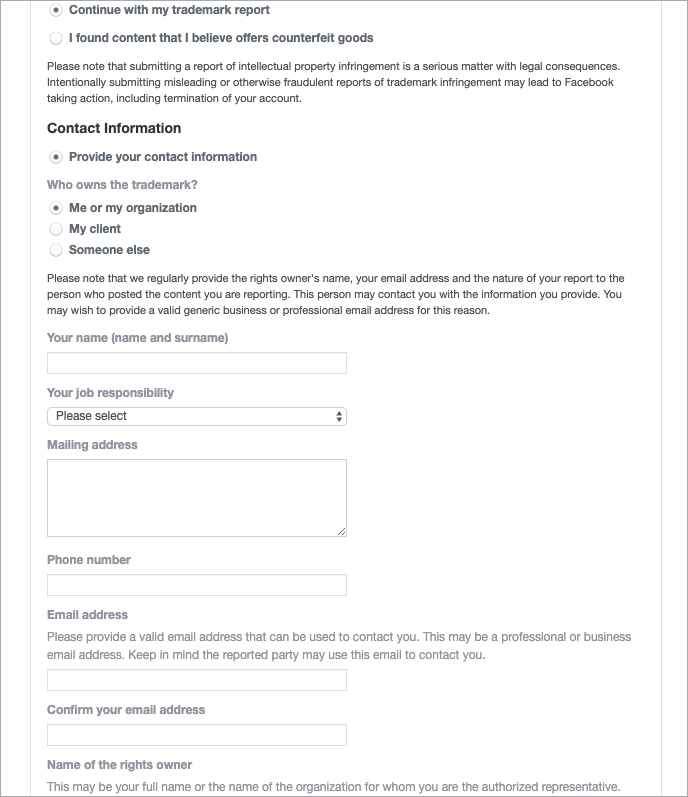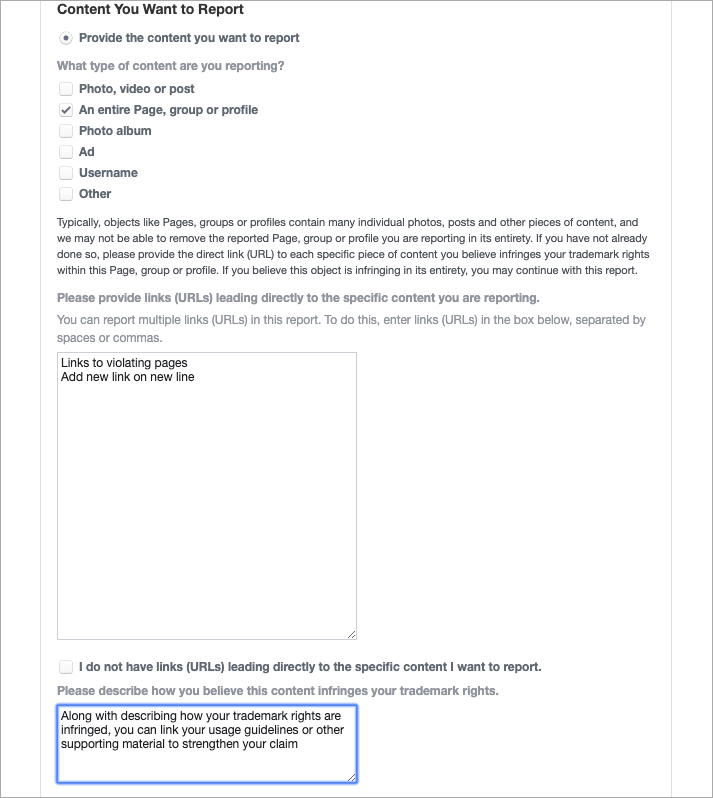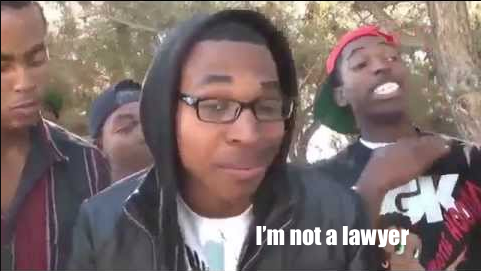Some months back, I was asked by my CEO, Rushabh Mehta, to become a liaison and point of contact for managing Frappe’s legal activities. I was astonished by this gesture. I am neither a law student or lawyer, for that matter. Nor am I a branding expert or a veteran who would have more domain knowledge. I am merely an average Engineering Graduate who is working as an ERP consultant at Frappe. However, I had done one small activity previously -- taking down impersonating Facebook pages. The only goal in mind when doing that activity was protecting our brand.
Let me give you some more details about Frappe and what we do. I work for Frappe Technologies, the company behind ERPNext, a fully Open Source ERP. Our code is licensed under the GNU GPLv3 license, but our trademarks are still protected!
While the source code remains open, the associated trademarks do carry protection. People unaware of this face start claiming the brand for themselves. This led to a bunch of copycat pages being run by ERPNext implementers from different regions of the world.
While we knew about these pages for a long time, we didn’t know how exactly to take them down. We tried establishing contacts with admins of some of the pages, but it didn’t work in our favour.
Then, after a lot of googling, I decided to experiment - filing complaints myself. At that time I wasn’t sure what I was doing. I just knew that it was required and I wanted to do it.
Before we deep dive into how the process works, let me explain some fundamentals, beginning with trademark.
What is a Trademark?
The US Patent and Trademark Office defines a trademark as “a word, phrase, symbol, and/or design that identifies and distinguishes the source of the goods of one party from those of others.”
When the same marks are used for services, instead of physical goods, the term service marks may be used. In most cases, the term trademark is used to cover both these situations.
Let’s take an example of Coca-Cola to understand the concept better.
The term “Coca-Cola” and the logo, of course, are registered trademarks belonging to the Coca-Cola company. It also includes some variations such as the logo on the bottle:

Source: Justia.com
Do you remember the Open Happiness campaign? It’s the one that has people gleefully opening a bottle of the cola and spreading joy around. Open Happiness is a trademark owned by the company. So good luck if you’re planning to run a campaign for a brand with the exact same words 😉.
Copyright is another term that often comes up along with trademark. Simply put, copyright is the right of the original author (person or organization) to distribute their work (literary, dramatic, musical, and artistic works) protected by copyright laws. This is why the YouTube video of your baby dancing to a hit tune was taken down!
Why copycat social media pages are bad?
When you are an upcoming brand that is still trying to establish a strong market share in your industry, your brand is everything. People recognize you by this brand name and logo and associate certain feelings with it. Let’s do a small exercise. Think of the Apple logo. When I think of it, I immediately think of premium-ness. So let me list down some of the reasons why they’re bad:
- Revenue Loss: This one is a no-brainer. If someone is running a page with your brand name, they will add links to their website and services and would take away potential revenue from my end.
- Loss of Identity: Continuing the point made earlier, you are giving up the control of your brand’s identity and losing the narrative.
- It’s a crime!: If you have registered your trademarks (product name, logo, taglines, etc.), they are protected under law. So, acts like impersonating a brand or copying elements of a trademark is a punishable offence!
Now that you know why copycat pages are bad, let’s see how you can take them down.
Filing a Trademark Infringement Notice on Facebook
Okay, first things first. Make sure that you do have your trademark certificate or equivalent document ready with you. If you’re from India have it registered, you can search for the same on the e-portal and download a copy of the certificate from here.
Note: Almost all major social media platforms would suggest that you seek resolution by contacting the people running the pages or by other means. You can file the complaints on the platform only if you are 100% about the infringements, which we are!
Now, coming to taking some Facebook pages down:
- Going To Facebook’s Notice Form: This one is easy. Just go to https://www.facebook.com/help/contact/trademarkform.
- Select the option saying “I found content which I believe infringes my trademark” and continue filling out your and your company’s contact details:

Figure 1:Facebook’s Trademark Infringement Form
You will also find an option to upload a copy of your trademark registration certificate or provide a link to that registration.
3. Next, fill up the Content You Want to Report. Choose the appropriate content type. You can refer the image below as to how to add the information regarding pages:

Figure 2: Facebook Trademark Infringement Form
4. Confirm the declaration statement and submit the form.
You will receive an email from Facebook after a while, confirming the details you submitted.
Once the complaint has been reviewed by Facebook, they will take the appropriate action and notify you in a couple of hours. Do note that your contact details will be shared with the page owners so be ready to have a word with some angry people (probably).
Congratulations. You have just taken down a bunch of copycat pages!
Similarly, you can file notices on other platforms too like Linkedin, Twitter, Instagram, and YouTube.
What Are Some Other Steps You Can Take
While there is no full-proof way to make sure that infringement doesn’t occur in the digital space, you can take some additional steps to solidify your brand:
- Detailed Brand and Usage Guide: A brand guide consists of two parts: a style guide dealing with typography, color palettes, presentation, etc. dealing with the presentation of the brand, and the other parts that deal with usage terms.
- Forging Alliances: This is a business strategy that also depends on what kind of product you offer. Forging the right alliances locally gives you better on-ground coverage. Formal agreements also ensure lesser abuse of your trademarks.
- Enforcement: Lastly, making examples out of offenders does help a bit. Not saying you should go about suing people left and right, but strategically do take the necessary steps. Do talk to your legal consultants for this because as I said….

Conclusion
If you want to take down copycat pages on social media platforms, it doesn't have to be that difficult.



